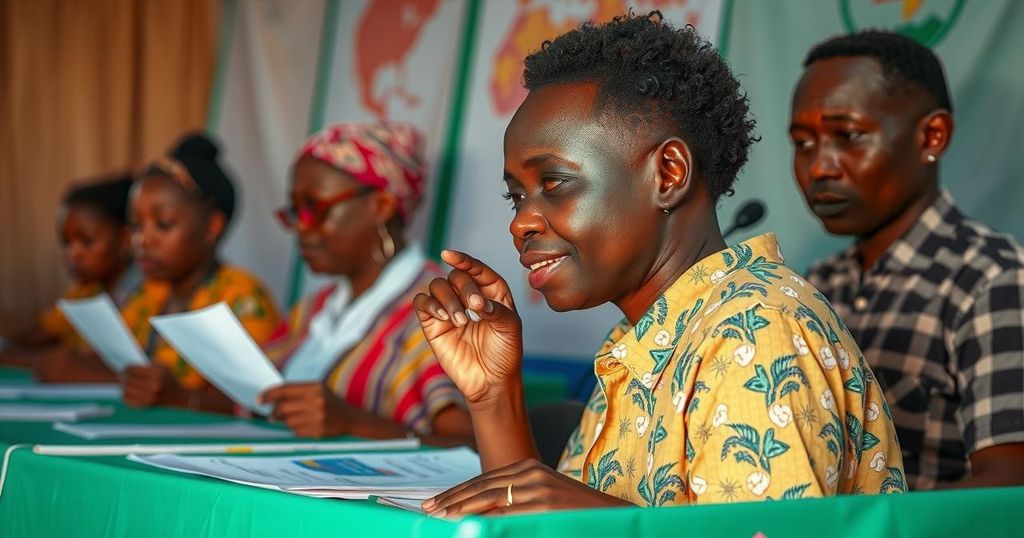World news
AFRICA, AFRICAN NATIONAL CONGRESS, ANC, BOTSWANA, BOTSWANA DEMOCRATIC PARTY, CHEESEMAN, DEMOCRACY, ENGLAND, EUROPE, GOVERNANCE, GOVERNMENT, MO, MOKGWEETSI MASISI, NELSON MANDELA, NIC CHEESEMAN, PARLIAMENTARY SEATS, POLITICS, POPULISM, SOUTH AFRICA, UNITED KINGDOM
Oliver Grayson
0 Comments
Major Electoral Shifts in Southern Africa: A Turning Point for Liberation Parties
In 2024, elections in Southern Africa resulted in significant losses for historical liberation parties, with younger voters demanding accountability and effective governance amidst economic challenges. The political landscape shifted notably in Botswana, South Africa, and Namibia, reflecting a growing dissatisfaction among citizens. Protests related to electoral outcomes occurred in Mozambique and Comoros, highlighting the increasing pressure for responsive governance in the region.
In 2024, Southern Africa witnessed significant electoral shifts as long-standing liberation parties faced considerable declines. The elections highlighted the changing political landscape in the region, where younger voters, lacking direct experience of colonialism, prioritized government performance over historical allegiance. This generational change, combined with economic dissatisfaction, has accelerated the decline of once-dominant parties.
Botswana’s elections marked a notable shift, as the Botswana Democratic Party conceded defeat, ending its 58-year rule. In South Africa, the African National Congress lost its majority for the first time since apartheid, highlighting widespread discontent over corruption and service failures. Meanwhile, in Namibia, the ruling SWAPO party narrowly retained its majority after historic victories.
The democratic processes in Southern Africa appear to be stable, yet discontent among citizens is rising. Protests erupted in Mozambique and Comoros over election results, reflecting citizens’ demand for responsive governance. In Mauritius, an opposition coalition effectively ousted the government, and new leaders emerged throughout Africa, signaling a desire for political change among the continent’s increasingly youthful population.
The elections and subsequent political developments across Southern Africa reveal a critical juncture in the region’s politics, with voters increasingly seeking accountability and effective governance over party loyalty.
The political dynamics in Southern Africa have undergone significant transformations in 2024, underscored by elections that challenged the longstanding dominance of liberation movements. These movements, once praised for their roles in the struggle against colonialism, are now grappling with economic difficulties and a disengaged youth demographic. In the context of regional democratic stability, these shifts illustrate a broader transition that reflects the desires of citizens for accountable and effective governance amidst economic challenges. Voter trends have indicated a critical generational shift, with younger citizens prioritizing tangible government performance over historical narratives.
The recent elections in Southern Africa signal a pivotal change in the region’s political landscape. Long-standing liberation parties are experiencing declines, prompting a reevaluation of their relevance as economic issues and younger voters emerge as crucial factors in determining electoral outcomes. The calls for responsive governance, evident from rising protests and shifts in voter allegiance, highlight an evolving political consciousness in Southern Africa, where citizens increasingly demand accountability and effective leadership from their governments.
Original Source: abcnews.go.com




Post Comment